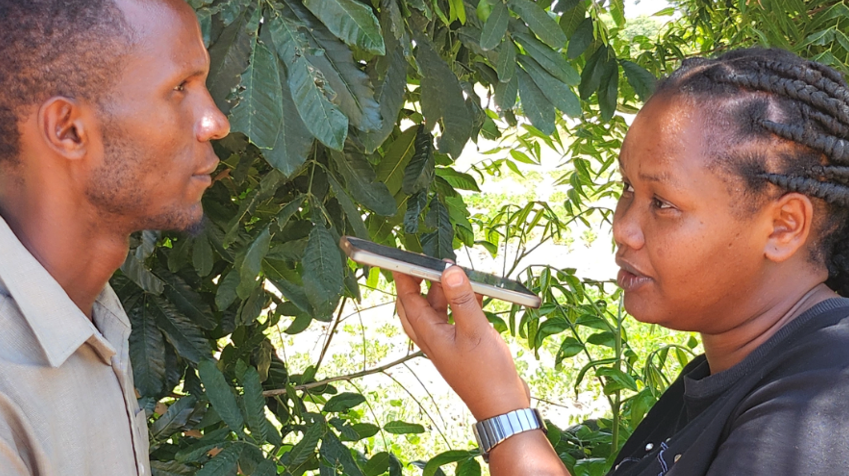What happens when there are too many men (and not enough women)? They become entrepreneurs, work harder and longer, and save more. That’s what two researchers revealed in a new IFPRI study on the economic impact of too many marriage-eligible men in 1960s Taiwan, China.
In the late 1940s, defeat by the Chinese Communist Party drove one million Chinese Nationalist Party members—most of whom were young, unmarried men—to Taiwan, China. Their arrival skewed the sex ratio in the country of six million; in 1950, in the 20-24 age bracket, there were 150 men for every 100 women.
But these bachelors didn’t throw the country’s marriage dynamics off track—at least not immediately. The head of the National Party, Chaing Kai-shek, imposed a marriage ban so that his men would be ready to attack in the event of war with the Communists. War raged on, and he didn’t lift the ban until 1959.
That’s when competition for mates kicked in. Examining datasets from the time period (and borrowing a page from Darwin), Simon Chang of the Central University of Finance and Economics and Xiaobo Zhang of IFPRI discovered the economic consequences of this imbalanced sex ratio. They found that men in 1960s Taiwan, China engaged in economic behavior to make themselves more attractive to potential mates. In short, they tried to get wealthy—fast.
More specifically, to attract the too-small pool of women, men in 1960s Taiwan, China became enthusiastic entrepreneurs—the fastest way to accumulate wealth. If they didn’t start a new business, they worked longer hours to earn more and move up the career ladder.
According to Chang and Zhang, this uptick in entrepreneurship and hard work, sparked by competition for mates, ultimately contributed to Taiwan’s (China) 20th century economic miracle.
Zhang points out, however, that the goal of the study isn’t to promote government policies to alter a country’s sex ratios.
“The aim is to show that some aspects of human economic behavior might have a biological root, and that fusing a biological perspective with economic analysis can shed new insight on human economic behaviors and outcomes,” he says.







